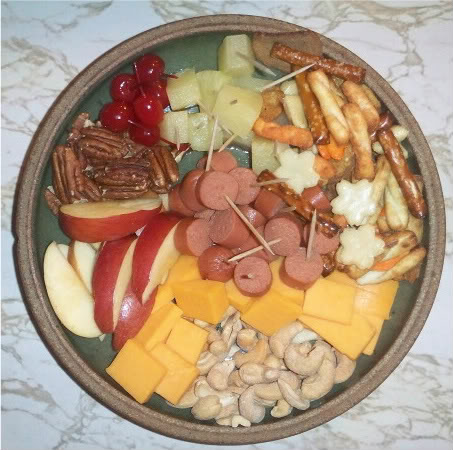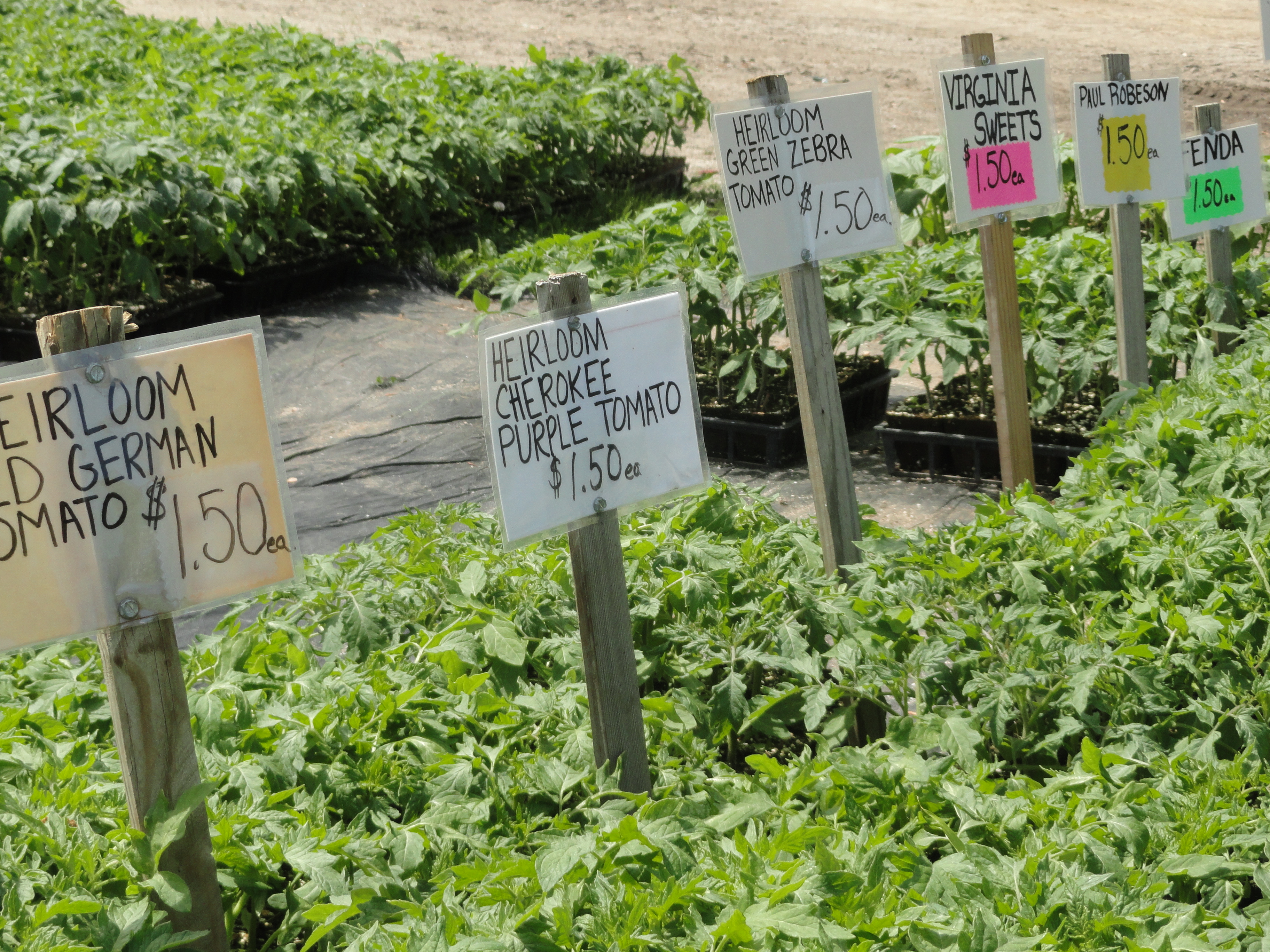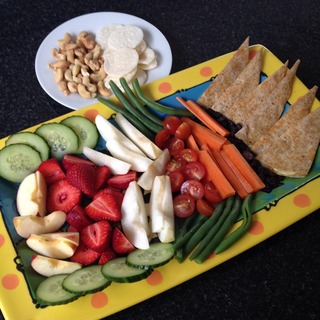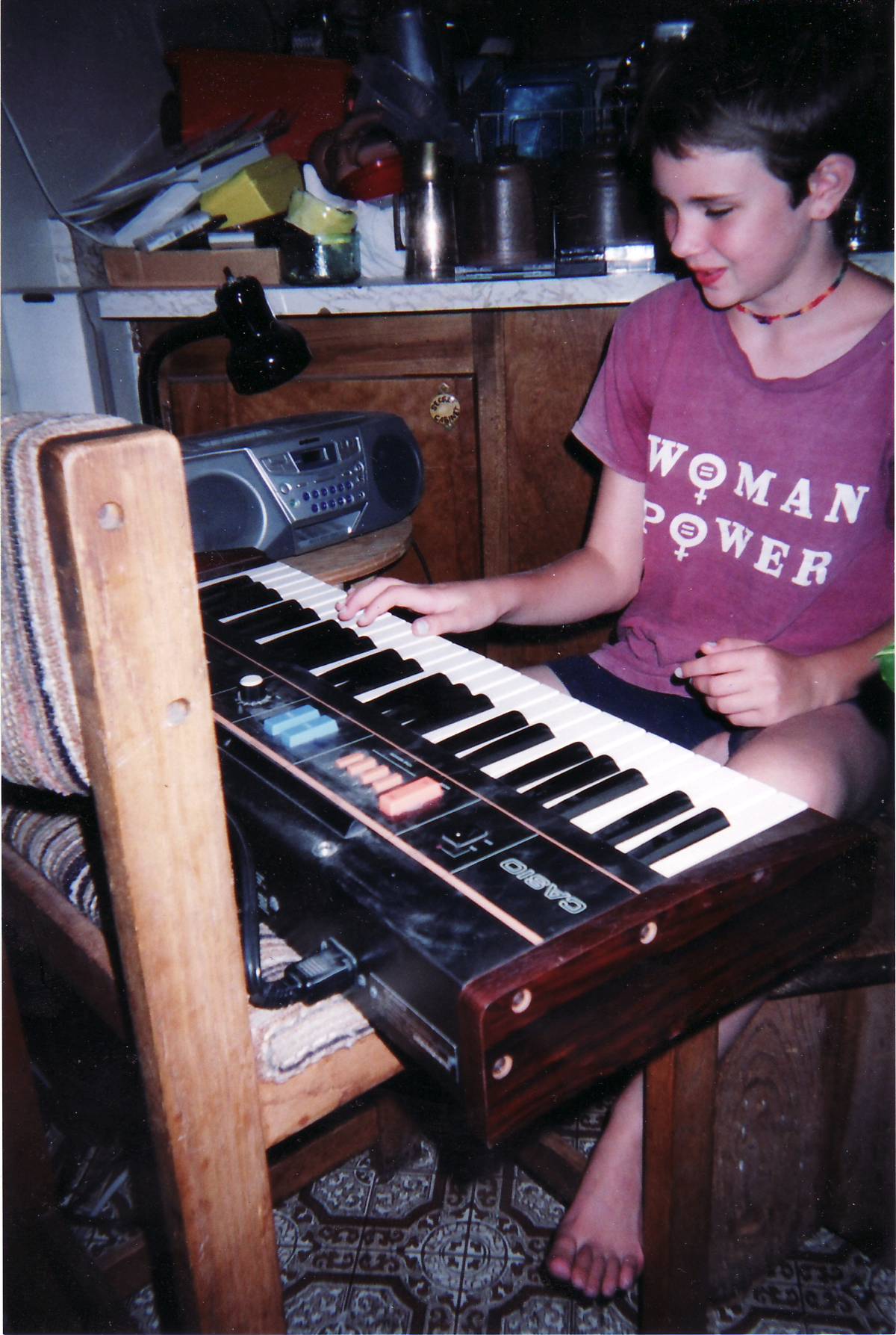You might have to do away with the idea of a peaceful mealtime for a few years. Maybe re-thinking meals would be the way to go.
I think it helps rather than to live by the idealized traditional model of dinner at 6:00, all at their seats, dinner conversation that could be reported to the media as an ideal mix of news of the day and philosophy, etc, to think of food and its purpose. People need to be nourished physically and it's uncomfortable to go to sleep hungry. THAT is the purpose of evening food, not the appearance of a well-organized dinner.
photo by Sandra Dodd, of one of the former Dodd babies
__




















